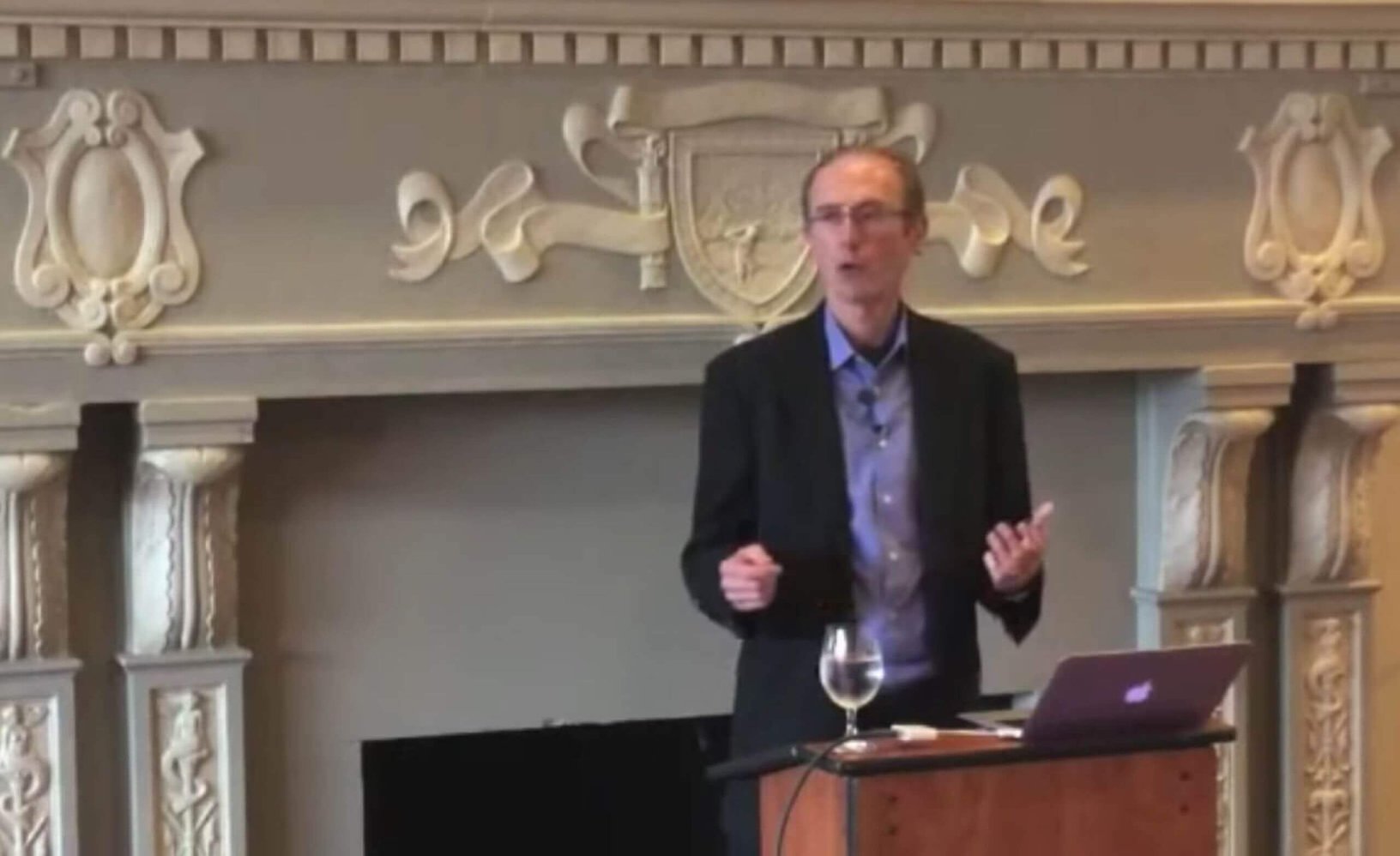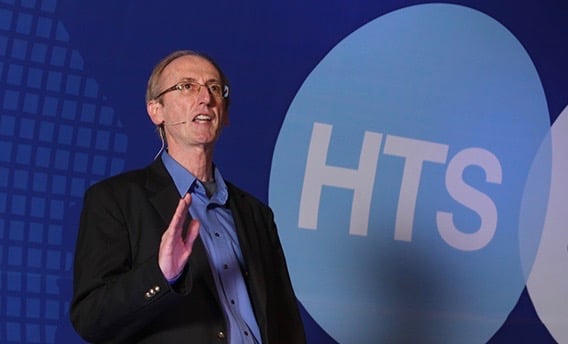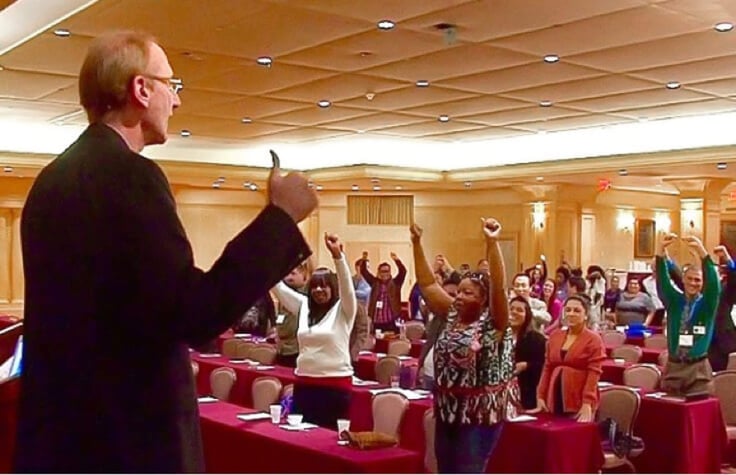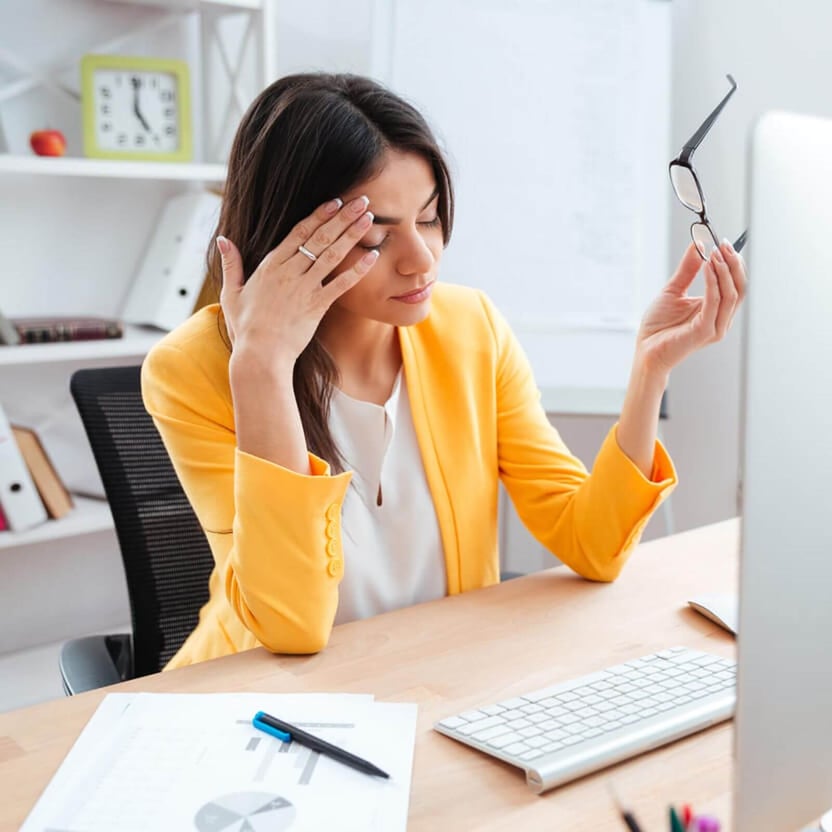Men whose scores average 3.0 to 3.75 and women who average 3.6 to 4.0 are at the high end of the burnout range.
BURNOUT FAQs
What is burnout? Burnout is the last stage of chronic stress. It means that the stress response has been activated a long time. Stress burns up energetic resources in the body, and those resources have to be replaced to get your energy and drive back. It's a three-way shutdown—mentally, physically and emotionally.
How do you get burnout? Burnout comes from a long period of chronic stress. Stress burns up energetic resources in your body and at a certain point they become exhausted. There's nothing left.
How do you get rid of burnout? It takes a long time time to develop burnout, so it takes some time to recover. Burnout recovery means shutting down the sources of stress driving burnout and learning how to manage, reframe, contest and dispute stress. You have to regather crashed emotional resources such as a sense of social support and mastery and turn around the pessimism and cynicism created by burnout.
What are signs of burnout? The first thing you will notice is fatigue and exhaustion. You don't have energy or drive anymore. Bad sleep and insomnia are common signs of stress and burnout. Dire and catastrophic thoughts preoccupy the brain. Fear of job loss or worse. It feels like there's no way out of the negative spiral. You can't take satisfaction in what you do. The absence of positive emotions makes fun and joy disappear.
What is burn out? It's a condition of severe stress that has major impacts on the body. It means you have been in a state of chronic stress for a long time. All your energetic resources have been drained. There's nothing left. With burnout recovery, you learn how to manage stress, change schedules, and set boundaries.
What are the main causes of stress? Work overload is number one. Even people with the most stamina and endurance will, if they work too many hours under high stress, eventually burn out. Excess work hours and not enough support keep you from being able to recover from stress, so it builds. Doing difficult and demanding work without recognition can also be a factor in burnout. One other major factor is not getting enough recharging and life activities. These are needed for your health but also for the positive emotions essential to crowd out the negative rumination that drives stress and runs wild with burnout.
What are burn out symptoms? The symptoms start with severe exhaustion on all levels—mental, physical, emotional. You don't have the energy or motivation you used to have. You may feel physically sick with the idea of going to work, which you may have loved before. Doing too much work kills drive and interest. You have trouble sleeping and insomnia. You have fatigue both from burnout and from the lack of good sleep. Pessimism and cynicism are other symptoms as well as withdrawal from others.
Can you still work when you are burned out? The longer burnout lasts, the more exhaustion you have. The more withdrawal from others you have—at work and at home. The less drive and motivation you have. Your effort and work slide, and you may get a warning that things have to pick up. Trying to save your job and work through burnout can cost you your job, because your work suffers, and you and others can see it.
What serious health conditions are caused by burnout? Since burnout is the last stage of chronic stress, there are many. Stress radically configures important systems in your body, from digestion to cortisol production, blood pressure and heart rate. One study (Salvagioni) looked at 993 burnout studies. It found the most frequent result of burnout is coronary heart disease and hospitalization for cardiovascular diseases, as well as Type 2 diabetes, prolonged fatigue, gastrointestinal problems, high cholesterol, musculoskeletal pain, respiratory problems, and severe injuries and mortality below the age of 45.
How does burnout affect attitude and mood? Burnout is characterized by the absence of positive emotions. This drives pessimism and negative mood and makes it hard to see any positives in the future. Burnout mirrors the stages of depression. The constant negativity and pessimism block solutions. This, combined with the lack of physical energy and overall exhaustion, very much simulates the affect of depression.






















